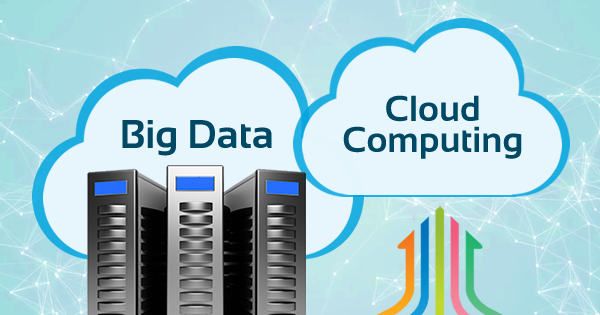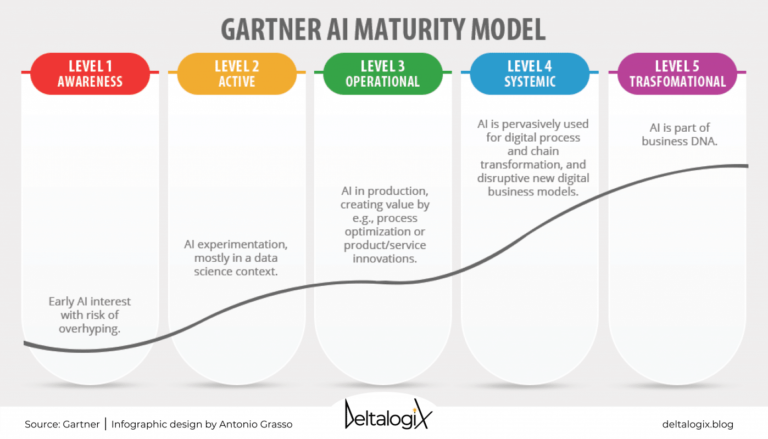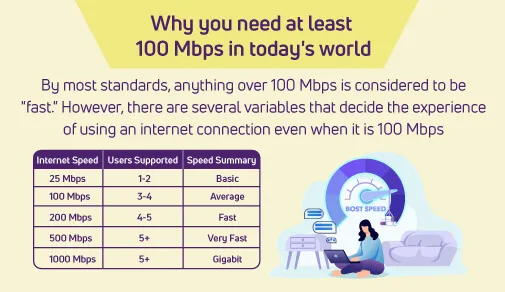Is Big Data A Cloud?
Big Data and the Cloud are two rapidly evolving technologies that have become integral to many businesses. They are both used to store, process and analyze data, but they are different in how they go about it. Big Data refers to a large volume of data that can be used to gain insights into trends and patterns. The Cloud, on the other hand, is a remote network of computers and servers that can store and access data from anywhere in the world. Big Data and the Cloud can be used together to create powerful solutions for businesses. For example, businesses can use the Cloud to store and process large volumes of data, and then use Big Data analytics to gain insights into customer trends and patterns. Ultimately, Big Data and the Cloud can be used together to make better decisions based on the data available.
What Is Big Data?
Big Data is a term used to describe the massive amounts of data that organizations and individuals are collecting, storing and analyzing. It’s an umbrella term for a set of technologies, processes, and practices that enable an organization to store and analyze data at a scale much larger than ever before. This data can be mined for insights and used to make better decisions and improve operations. Big Data can be used to improve customer experience, drive innovation, and uncover hidden trends and patterns. It can also be used to prevent fraud, predict customer behavior, and identify new opportunities. Big Data can provide a competitive advantage and help organizations make smarter, more informed decisions, leading to better business outcomes.
Big Data and the Cloud
Big Data and the Cloud are two of the most important technological advances of our time. Big Data is the ability to collect, store, and analyze large amounts of data from a variety of sources. This data can then be used to generate meaningful insights and inform decisions. The Cloud is a network of servers that can host and store large amounts of data, and provide access to it through the internet. Together, Big Data and the Cloud provide businesses with the ability to access data quickly, accurately, and securely, allowing them to make informed decisions and develop new strategies. By leveraging Big Data and the Cloud, companies can gain a competitive advantage and increase their efficiency.
Benefits of Cloud Storage for Big Data
Cloud storage has become an invaluable tool for businesses looking to store and manage big data. By using cloud storage, large amounts of data can be stored securely, accessed quickly, and shared easily among users. Cloud storage also offers cost-savings, scalability, and reliability, all of which are essential for businesses dealing with large volumes of data. Additionally, cloud storage can be accessed from anywhere, allowing for the easy transfer of large files and real-time collaboration. With cloud storage, businesses are able to access their data quickly and securely, making it easier to analyze and draw insights from their data. This can help them make more informed decisions and gain a competitive edge in their industry.

Challenges of Integrating Big Data and the Cloud
The challenge of integrating big data and the cloud is a complex one. Big data requires massive computing power and storage capacity, which often requires a large upfront investment. Cloud computing, on the other hand, offers massive flexibility and scalability, but at the cost of potential data security issues. Both technologies represent a significant shift in the way data is processed and stored, and the challenge lies in finding a balance between the two. The challenge of integrating big data and the cloud also includes finding the right platform to use, as well as understanding the potential benefits and drawbacks. The key is to ensure that the data is secure, while still being able to take advantage of the scalability and flexibility offered by cloud computing. With the right approach, businesses can benefit from the power of big data while still making use of the cloud’s advantages.
Impact of Big Data on Cloud Computing
The increasing demand for cloud computing and storage services has led to the rising utilization of Big Data. Big Data enables organizations to analyze vast amounts of data, and extract insights to make informed decisions. By leveraging Big Data, cloud computing solutions can be optimized to enhance performance, scalability, availability, and security. The combination of Big Data and cloud computing can provide organizations with capabilities such as predictive analytics, real-time insights, and AI-driven decisions. Big Data-driven cloud computing solutions can also help organizations reduce operational costs, increase efficiency, and enable more efficient decision-making. Ultimately, the combination of Big Data and cloud computing can help organizations become more agile, innovative, and competitive.
Conclusion
The blog section of a website offers an opportunity to engage with readers and create meaningful connections. It’s a great way to showcase your expertise and knowledge, as well as to share your insights and experiences. By taking the time to craft thoughtful and interesting blog posts, you can create an ongoing dialogue with your readers and keep them coming back for more. From showcasing your personality to providing helpful advice to building your brand, the blog section of your website is a powerful tool that can help you reach your goals. So, no matter what your purpose is, make sure to make the most of your blog section and create engaging content that will keep your readers coming back for more.
FAQs About the Is Big Data A Cloud?
Q1. Is Big Data a type of cloud?
A1. Big data is not a type of cloud, but it can be hosted and stored in the cloud. Big data is a term for large datasets that can be difficult to manage and process using traditional software and hardware.
Q2. How can Big Data be used in the cloud?
A2. Big data can be used in the cloud to store large volumes of data and to analyze and process it using cloud-based tools and services. This enables businesses to quickly and cost-effectively access and process large datasets.
Q3. What are the benefits of using Big Data in the cloud?
A3. The main benefit of using Big Data in the cloud is that businesses can access and analyze large datasets without having to invest in costly hardware or software. Additionally, data can be securely stored and accessed from anywhere with an internet connection. This makes it ideal for companies that need to analyze data from multiple locations.
Conclusion
Big Data is not a cloud, but it is a technology that uses the cloud to store and process huge amounts of data. Big Data allows organizations to analyze data from multiple sources to gain insights and make more informed decisions. It is a powerful tool that has revolutionized the way businesses operate and is used in a variety of industries. With the help of the cloud, Big Data can be accessed from anywhere in the world, and companies can use it to make better decisions and improve their business processes.





